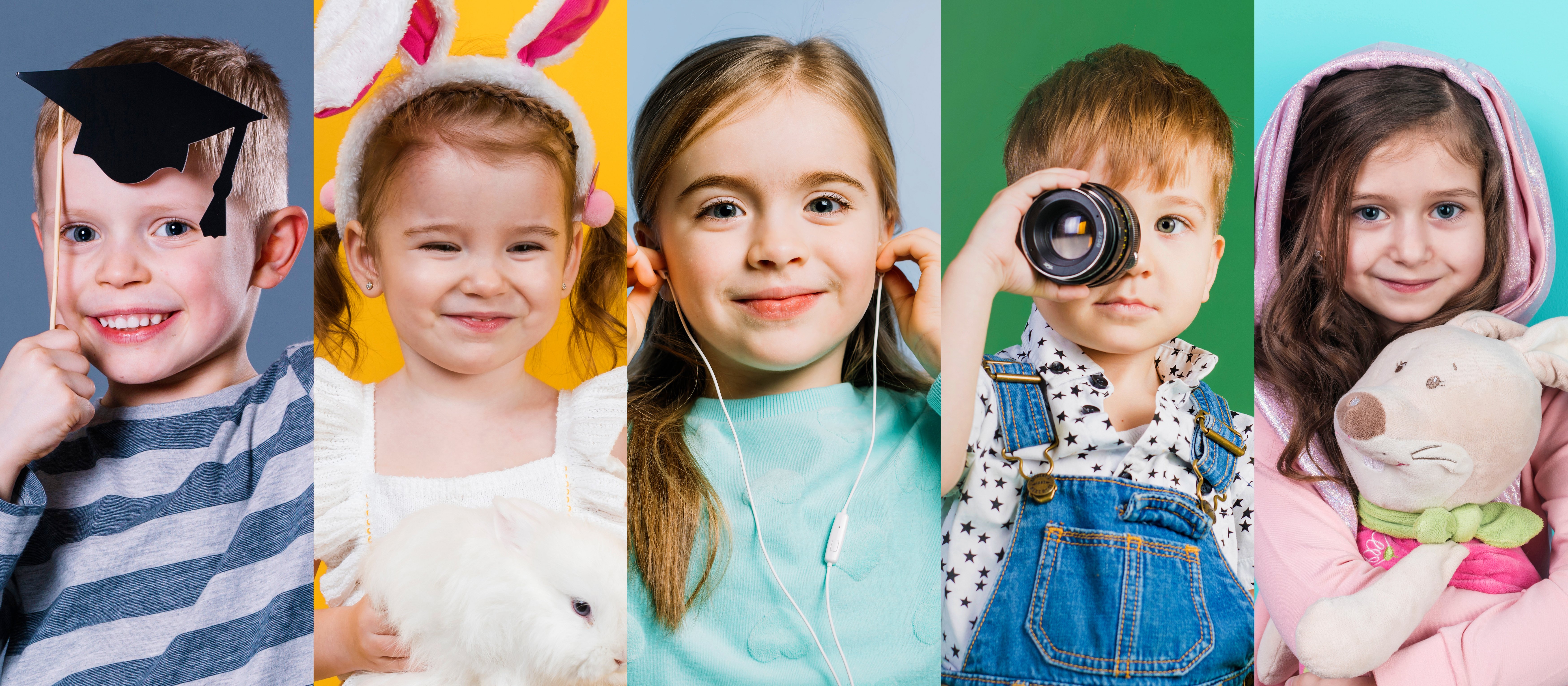
enhancing social skills with aba therapy
17 August, 2024
Developing social skills is a key focus of Applied Behaviour Analysis (ABA) therapy. For individuals with autism spectrum disorder (ASD) and other developmental conditions, social interactions can be challenging. ABA therapy employs evidence-based techniques to help individuals improve their social interactions, understand social cues, and build meaningful relationships. This blog will discuss how ABA techniques aid in social skills development, explore various social skills training methods used in ABA, and highlight their impact on everyday life.
- Understanding Social Cues
Reading Social Signals: Social cues, such as facial expressions, body language, and tone of voice, convey important information about how others are feeling and what they might be thinking. ABA therapy teaches individuals to recognize and respond to these cues.
Examples:
- Facial Expressions: Learning to identify emotions like happiness, sadness, or anger from facial expressions.
- Body Language: Understanding gestures and postures that indicate someone is interested, bored, or upset.
- ABA Techniques for Social Skills Development
Discrete Trial Training (DTT): DTT is a structured method that breaks down social skills into small, teachable steps. Each step is taught individually, with prompts and reinforcements used to encourage correct responses.
Natural Environment Teaching (NET): NET focuses on teaching social skills in natural, everyday settings. This approach helps individuals generalise skills across different environments and situations.
Example:
- Playing Games: Using board games or outdoor activities to teach turn-taking, sharing, and following rules.
Social Stories: Social stories are short, descriptive stories that explain social situations and appropriate responses. They help individuals understand what to expect in various scenarios and how to behave.
Example:
- Attending a Birthday Party: A social story might describe what happens at a party, how to greet the host, play with other children, and say thank you when leaving.
Video Modelling: Video modelling involves showing individuals videos of people engaging in desired social behaviours. This visual demonstration helps them learn and imitate these behaviours.
Example:
- Greeting Others: Watching a video of someone saying "hello" and shaking hands, then practicing the behaviour with a peer or family member.
Peer-Mediated Instruction: Peer-mediated instruction involves using typically developing peers to model and reinforce social skills. This method provides naturalistic learning opportunities and encourages social interaction.
Example:
- Classroom Buddies: Pairing a child with a peer buddy during class activities to practice cooperative learning and social interaction.
- Impact of Social Skills Training on Everyday Life
Improved Academic Performance: Social skills are closely linked to academic success. Children who can interact positively with teachers and classmates are more likely to participate in class, follow instructions, and benefit from collaborative learning.
Example:
- Group Projects: Effectively working in groups, sharing ideas, and contributing to collective tasks.
Enhanced Quality of Life: Developing social skills leads to greater independence and a higher quality of life. Individuals can navigate social situations more confidently, build supportive relationships, and participate more fully in their communities.
Example:
- Job Readiness: Social skills are crucial for job interviews, workplace interactions, and teamwork.
ABA therapy provides a comprehensive approach to developing social skills, essential for individuals with autism and other developmental conditions. Through techniques like Discrete Trial Training, Natural Environment Teaching, social stories, video modelling, and peer-mediated instruction, ABA therapists help individuals improve their social interactions, understand social cues, and build meaningful relationships. The impact of these skills extends to academic performance, quality of life, and overall well-being, enabling individuals to thrive in various social settings.
Take the first step toward enhancing social skills. Contact us today for more information, or reach out at (02) 9133 2500. We’re here to help!
.svg)













